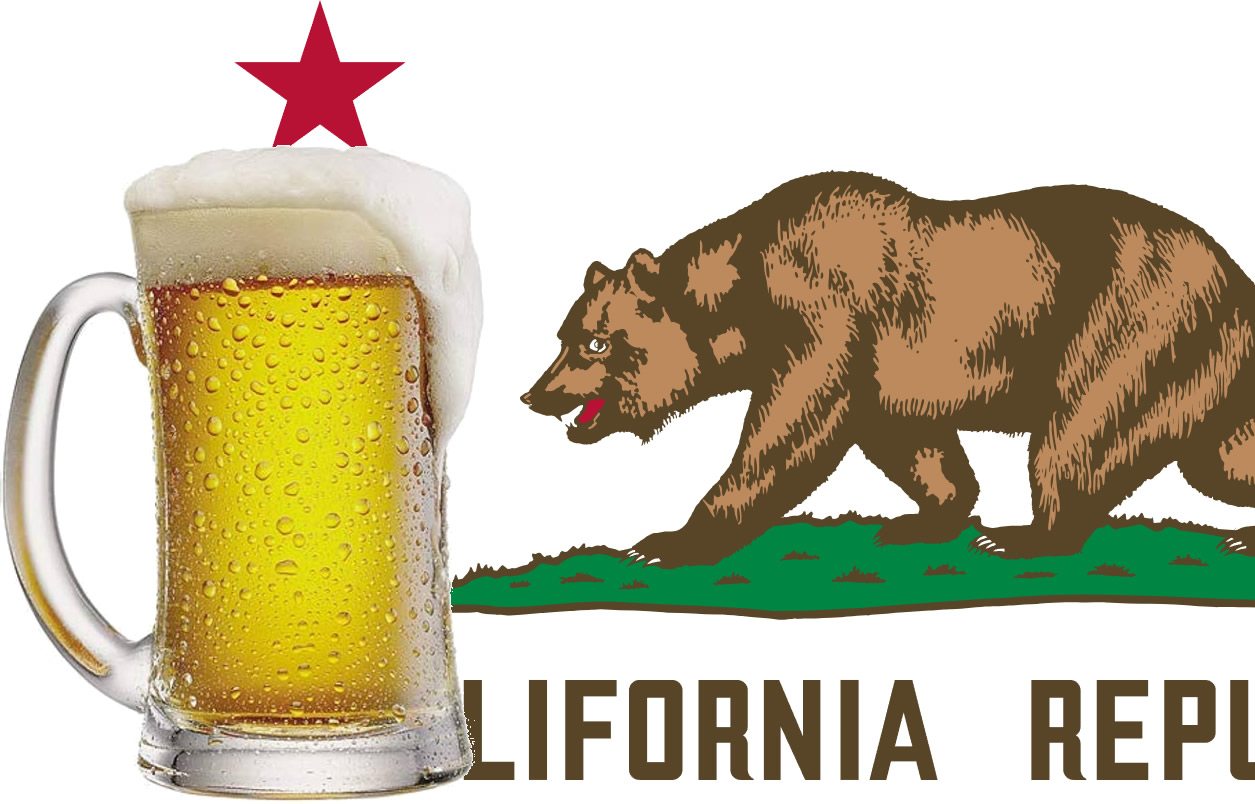Breaking Down Barriers: Can You Get a Liquor License with a Felony in California?
The short answer is yes, but the path requires careful navigation. California doesn’t impose a blanket ban on felons obtaining liquor licenses, but the Department of Alcoholic Beverage Control evaluates each application on a case-by-case basis. Your criminal history will be scrutinized, but it won’t automatically disqualify you.
Many business owners with past convictions successfully operate restaurants, bars, and retail establishments throughout California. The key lies in understanding the process and presenting your case effectively.
What the California Alcohol Beverage Control Considers
The California Department of Alcoholic Beverage Control (ABC) considers several factors, including the nature of the felony, the time elapsed since the conviction, and evidence of rehabilitation. Each application receives individual attention from ABC investigators who examine multiple aspects of your background.
The ABC’s evaluation process centers on public safety and community welfare. They want to ensure licensed establishments operate responsibly and don’t pose risks to public health or safety.
Key Factors That Influence Your Application
Nature and Severity of the Conviction
Not all felonies carry equal weight in ABC decisions. Felonies involving moral turpitude, violent crimes, or offenses related to alcohol and drug abuse are likely to be viewed more unfavorably. Financial crimes like embezzlement may raise concerns about business integrity.
Alcohol-related felonies present the biggest challenge. The ABC views these as directly relevant to your ability to handle liquor responsibly. Drug-related convictions also face heightened scrutiny.
Time Since Conviction
It is recommended that you wait five years after any felony convictions before applying for a liquor license. This waiting period allows you to demonstrate sustained good behavior and rehabilitation efforts.
Recent convictions receive more intensive review than older ones. A fifteen-year-old conviction typically carries less weight than one from two years ago. The ABC recognizes that people change over time.
Evidence of Rehabilitation
Your rehabilitation efforts can significantly impact the decision. The ABC looks for concrete evidence that you’ve turned your life around. This includes steady employment history, community involvement, and character references from respected community members.
Educational achievements, volunteer work, and professional development all demonstrate positive change. These factors show the ABC you’re committed to responsible business practices.
Understanding the Application Process
Full Disclosure is Critical
If you deny that you have a felony conviction and the state later finds out that you were not truthful, then that is an almost automatic denial of license due to the element of dishonesty. Honesty remains your best strategy throughout the application process.
The ABC conducts thorough background checks that will uncover your criminal history. Attempting to hide past convictions destroys your credibility and virtually guarantees rejection.
Required Documentation
Your application must include comprehensive documentation about your conviction. Court records, probation completion certificates, and rehabilitation program completion certificates strengthen your case.
Supporting documents such as court records and letters of recommendation can be beneficial. Character references from employers, community leaders, and legal professionals carry significant weight.
The Investigation Process
The ABC will conduct a thorough background check, which includes fingerprinting and reviewing your criminal history. Investigators examine not just your conviction but your entire pattern of behavior since then.
Prepare for potential interviews with ABC investigators. They may ask detailed questions about your conviction, rehabilitation efforts, and business plans. Answer honestly and provide specific examples of positive changes in your life.
Types of California Liquor Licenses
California offers several license categories, each with different requirements and restrictions. On-sale general licenses allow full alcohol service including spirits, beer, and wine for on-premises consumption. Off-sale general licenses permit retail alcohol sales for off-premises consumption.
Beer and wine licenses have less stringent requirements than full liquor licenses. Some applicants with felony convictions find success starting with beer and wine licenses before upgrading to general licenses.
Legal Changes That May Help
California’s AB 2138 reformed licensing practices for applicants with criminal histories. The new bill creates a seven-year “washout” period by prohibiting licensing boards from denying a license based on certain acts unrelated to the conviction.
Now, in order for a licensing board to deny, suspend, or revoke a license based on a criminal conviction, that conviction must be “substantially related” to the qualifications or duties required by the license or profession.
This law provides additional protections for applicants with older convictions that aren’t directly related to alcohol service.
Building a Strong Application
Demonstrate Good Character
You must demonstrate good moral character for at least five years before applying. This means maintaining steady employment, paying taxes, avoiding legal troubles, and contributing positively to your community.
Document your good character through employment records, tax returns, and community involvement. Volunteer work, charitable donations, and civic participation all support your case.
Professional Presentation
Work with experienced consultants or attorneys who understand ABC procedures. They can help you avoid common mistakes that lead to denial. Professional guidance ensures your application meets all requirements and presents your case effectively.
Prepare detailed business plans that demonstrate your commitment to responsible alcohol service. Include staff training procedures, security measures, and community engagement plans.
Character References
Obtain letters from respected community members who can vouch for your character. Employers, religious leaders, and professional colleagues make strong references. Avoid references from family members or close personal friends.
Each letter should address your rehabilitation efforts and current character. Specific examples of your positive contributions carry more weight than general statements.
Common Reasons for Denial
The ABC denies applications for various reasons beyond criminal history. Unsuitable premises locations, zoning violations, and incomplete applications all lead to rejection. Poor business plans or inadequate financing also raise concerns.
Multiple felony convictions present greater challenges than single convictions. Recent violations of parole or probation terms significantly damage your chances. Ongoing legal troubles or pending charges create additional obstacles.
If Your Application is Denied
Denial doesn’t end your chances permanently. California law provides appeal processes through administrative law judges. Appeals allow you to present additional evidence and address the ABC’s specific concerns.
Many initially denied applicants succeed on appeal by providing more comprehensive rehabilitation evidence. Work with legal professionals who understand ABC appeal procedures and can present your case effectively.
Alternative Pathways to Consider
Consider starting with management positions in existing licensed establishments. This allows you to gain industry experience and demonstrate responsible alcohol handling. Many successful license holders began as managers before obtaining their own licenses.
Partnership opportunities with individuals who can obtain licenses may provide another pathway. Structure partnerships carefully with legal guidance to ensure compliance with ABC regulations.
Moving Forward Successfully
Success requires patience, preparation, and persistence. Start building your case years before applying by maintaining exemplary behavior and documenting your rehabilitation efforts.
Stay informed about ABC regulations and industry best practices. Attend responsible beverage service training even before applying. This demonstrates your commitment to proper alcohol handling.
Consider starting with less challenging license types like beer and wine licenses. Success with limited licenses can strengthen future applications for full liquor licenses.
Your Path to Licensing Success
While challenging, obtaining a liquor license with a felony conviction remains achievable. The ABC recognizes that people can change and contribute positively to their communities. Your conviction doesn’t define your future business potential.
Focus on demonstrating genuine rehabilitation and commitment to responsible business practices. With proper preparation, professional guidance, and patience, you can overcome past mistakes and build a successful licensed business in California.
The key lies in understanding that the ABC’s primary concern is public safety, not punishment. Show them you’re committed to operating a safe, responsible establishment that benefits your community, and your past won’t necessarily prevent your future success.


